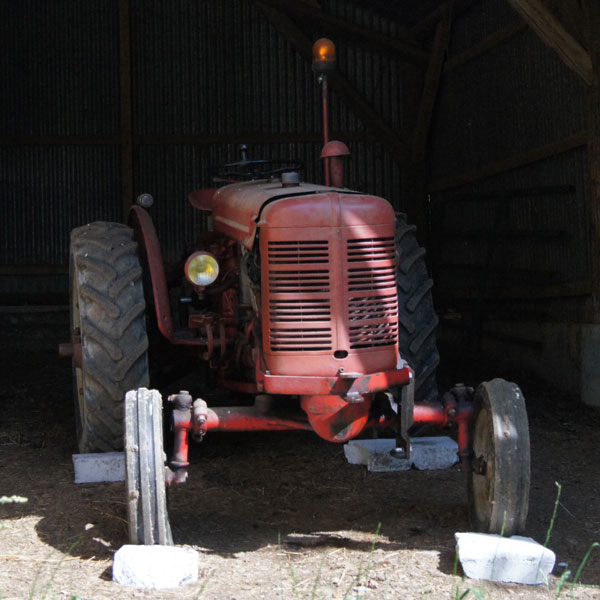Our History
The Rural Doctors Foundation story
Our story starts with a small number of rural doctors including Dr John Hall and Dr Dan Halliday who believed that access to life-saving health and wellbeing should always be available. In times of crisis, in times of hardship, and importantly, no matter how remote the location. This dedication to equality for remote and rural communities is the spark that ignited Rural Doctors Foundation at the time. And it continues to fuel our cause. A cause that is growing as we expand to support those living in rural and remote communities across Australia.
Dr Adam Coltzau, Dr Dan Halliday and Dr Tarun Sen Gupta established Rural Doctors Foundation (formerly RDAQ Foundation) in 2014. They were later joined by Dr Sue Masel and in November 2014 this group became the first directors of the Foundation.
Our founders were on the Board of the Rural Doctors Association Queensland (RDAQ) – an organisation supporting doctors working in rural and remote communities. The founding doctors are part of rural communities. So, they knew first-hand the beauty and difficulty of living and practicing in rural and remote communities.

The 2011 flood emergency
In December 2010 and January 2011, Queensland experienced unprecedented weather events, which saw storms, heavy rainfall, and flooding across the state. Three quarters of the Council areas within Queensland were classified as disaster districts. Thirty-three people lost their lives, and three people remain missing to this day.
In rural and remote Queensland, whole districts experienced flood damage and many towns were cut off from access to health facilities. On the ground, local health professionals, their own families and their clinics were heavily impacted – some single-doctor districts. At a time when their communities needed them most, doctors had lost equipment; had lost premises, or were geographically isolated.
In the city, people could raise their hand and help was on its way. Whole armies rallied around to support those in need. In the bush, there wasn’t an army to help. And often, your only doctor was in the same situation as you.
There were countless other stories of the difficulties RDAQ member doctors had in supporting those rural communities during this time. In response, the RDAQ began preparations for the establishment of a health promotion charity to assist in times like this where help was desperately needed.
Making it official
In 2013, Dr Dan Halliday became the RDAQ secretary. At this time, he presented a proposal to the RDAQ membership to establish RDAQ Foundation. The aims of the charity were to address gaps in support that exist in rural and remote community health. In times of crisis, and at any time of need. The membership enthusiastically supported the initiative at the 2014 Annual General Meeting. Outgoing RDAQ president, Dr Adam Coltzau was endorsed as the inaugural chair of RDAQ Foundation (now Rural Doctors Foundation).
Initially, the founders established a Board of three directors. In 2015, the Foundation achieved DGR status. This status formally recognises the Foundation as a deductible gift recipient by the Australian Charities and Not-for-profits Commission and the Australian Taxation Office.
RDAQ Foundation was renamed Rural Doctors Foundation in 2021 to reflect its commitment to support those in rural and remote communities outside of Queensland.
Today, we have a strong team of nine (9) Directors supported by a Chief Executive Officer and a small executive team.
It is our vision for more people to enjoy healthy lives and access to quality local care. Because we are doctors living in and caring for rural and remote communities. Through innovations, research, and inspiration we support communities to advocate for themselves. As well as, identify where their needs are best met.
We offer help on the ground, to health professionals and their communities, where it’s needed most. This includes:
-
Funding grants
to those with innovative ideas that will improve health outcomes in rural and remote communities.
-
Vital health services
in remote communities including health checks and research to understand rural health needs.
-
Funding for purchase of life-saving equipment
in rural and remote communities
-
Mental health services
-
Specialised emergency response services.
